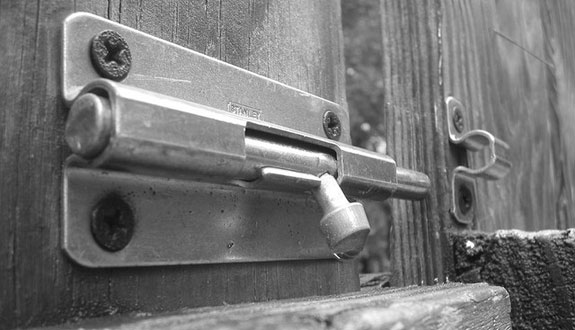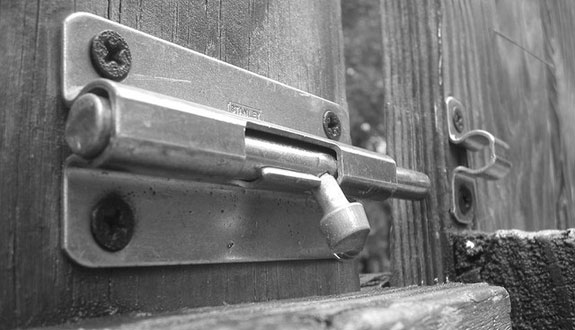Villanova Scandal Shows LSAT Scores Matter to Schools, Too
- by
- Aug 26, 2011
- Law School Rankings, News
- Reviewed by: Matt Riley


There’s a lot of buzz going on right now about Villanova’s Law School. Diverse Education reports that “Villanova’s average LSAT scores were padded by two to three points between 2005 and 2009…The median GPA was raised by up to 0.16 points.”
While the law school didn’t lose its ABA accreditation, it certainly could have. Instead, the bar association issued a public censure that the law school must display on its web site for two years. Not exactly great for the law school’s image.
As a student you’re probably interested in a high LSAT score to get into the best law school possible. But why would a law school care enough about its average LSAT scores to lie about it and run the risk of losing its accreditation?
In my humble opinion, the answer revolves around a little ranking system known as US News & World Report (USNWR). Although other factors may have been in play, it’s important to understand that USNWR has long reigned as the de facto who’s who among ABA accredited law schools. For better or for worse, students look to it to decide which law schools are pre-eminent, and which aren’t.
Fellow Most Strongly Supported writer Colin Elzie has already shown what Thomas M. Cooley thinks of law school rankings, and Blueprint co-founder Trent Teti showed how certain schools submit LSAT scores to USNWR. Without commenting on the efficacy of USNWR’s rankings or of a ranking system in general, I think it’s important for people to understand why law school administrators might be driven to such an extreme.
Although there are many factors that are considered in the USNWR rankings – including faculty to student ratio, etc. – one of the more prominent and easiest-to-affect factors is the LSAT scores of the student body. Think about it – a salary for a law professor can easily run into six figures, building a better library facility can run into the millions, but tightening an LSAT score requirement is free.
Except how do you attract students with high LSAT scores when you’re not already ranked highly? Yale’s average LSAT score last year was 173 – the 99th percentile. In order for them to command an average score that 1 out of 100 students achieve, they’re receiving applications from the cream of the crop, which they can do because they’ve been known as the preeminent law school (according to USNWR) for years.
But what do you do if you’re Villanova, ranked 67th before the scandal, in order to get students with higher LSAT scores to apply when you don’t have the reputation of the likes of Yale, Harvard or NYU?
Well, you can do what a lot of other schools do, which is offer scholarships and tuition reductions to woo students with higher scores who gained admission to higher-ranked school to come to your institution instead. Or you could falsify the data.
So when current Villanova Dean John Gotanda describes the misreporting as an “odd” scheme, because the inflation “didn’t propel us into the top 50”, It’s probably not because he fails to understand the importance of the LSAT in law school rankings, but rather his recognition that the gambit not only failed, but has caused extensive damage to the school.
So as you continue to study for what is probably the most important test of your life, remember the LSAT stakes are important for law schools, too.
Search the Blog

Free LSAT Practice Account
Sign up for a free Blueprint LSAT account and get access to a free trial of the Self-Paced Course and a free practice LSAT with a detailed score report, mind-blowing analytics, and explanatory videos.
Learn More
Popular Posts
-
logic games Game Over: LSAC Says Farewell to Logic Games
-
General LSAT Advice How to Get a 180 on the LSAT
-
Entertainment Revisiting Elle's LSAT Journey from Legally Blonde








